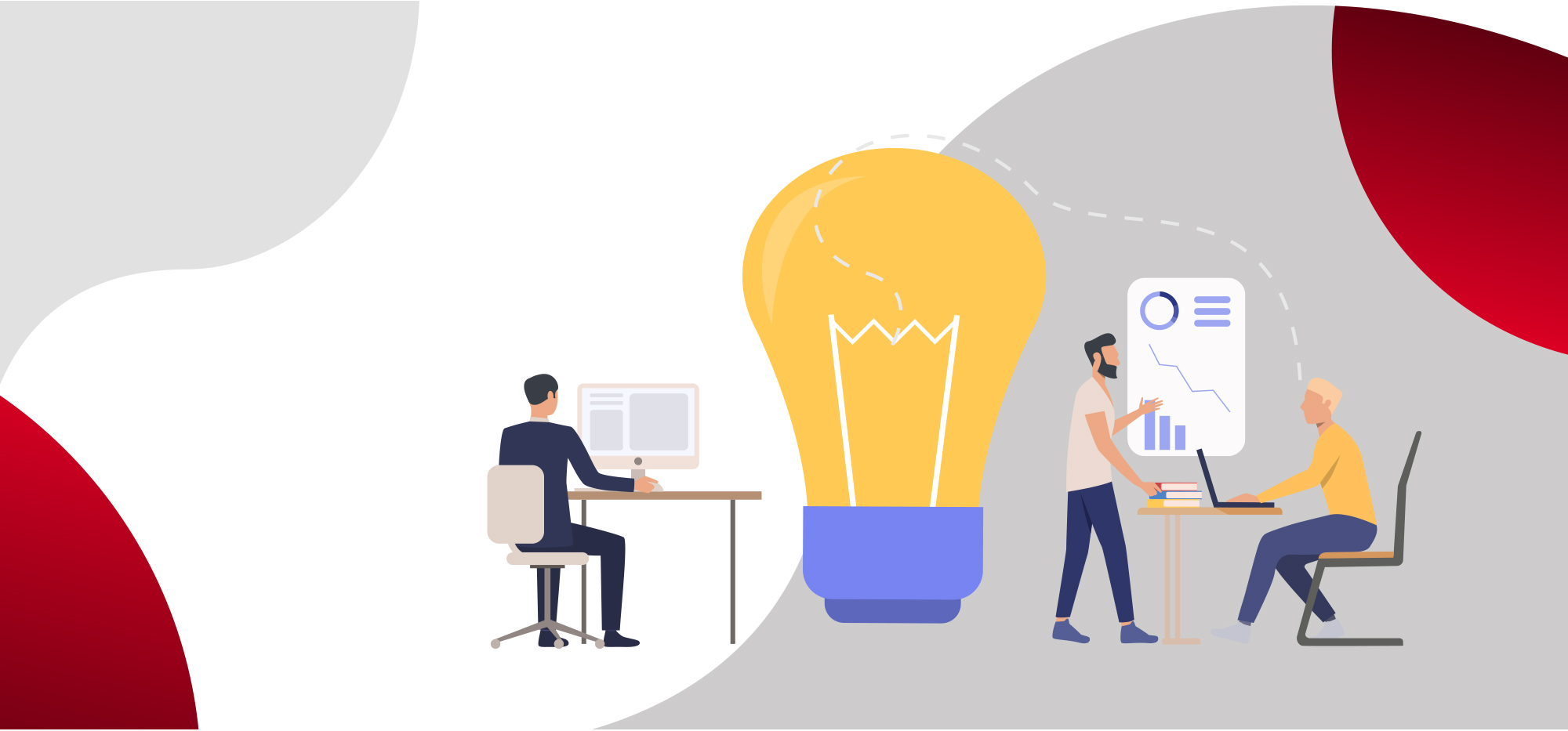Today, digital technology has helped change many people’s lives and among the benefits that it brings is the ability to provide people with access to real-time information. Effectively utilising the insights gleaned from real-time information helps decision making that can deliver the most effective and accurate results quickly. Among many industries that can benefit from analysing real-time data, is the healthcare sector – for example, to improve a customer’s experience in obtaining healthcare services at a time that may be critical to their wellbeing.
This demand for real-time responses and improved delivery of services, is becoming increasingly necessary, as we start to see how digital technology is changing the playing field, particularly in healthcare. The general public has now become so accustomed to social media’s fast-paced tempo, strongly boosted by the latest developments in digital technology that healthcare organisations need to think far ahead to continue to meet their consumers’ expectations. The availability of real-time information has helped increase the public’s awareness of health issues in general – and on health insurance and services in particular, especially now that the Government is actively implementing the national health insurance program (BPJS). Digital technology is providing healthcare industry players with the right tools to respond to these demands and is helping them expand their capabilities and networks in such a way that was unheard of decades ago. As a result, the healthcare industry in Indonesia has been growing rapidly and various hospitals have sprung up to fulfil the needs of the growing population.
Digital technology’s role in the healthcare industry can be seen in many ways. For example; in helping synchronizing patients’ data with various hospital insurance services, or in providing healthcare practitioners with access to patients’ medical records to determine the scope of services they can provide. This ensures these doctors are able to use this information in real-time to provide patients with the right medical recommendations. Readily available and clearly documented medical records are also useful for patients who need to be referred or moved to another hospital. By having the patients’ data easily accessible online, hospitals can access this data from multiple locations – so long as there’s an internet connection. With this data stored in the cloud and easily accessible by authorised parties, not only is the well-being of the customer ensured, but it also reduces duplication for the medical practitioners and customers alike, driving efficiencies throughout the medical profession.
In addition to data collection, today’s healthcare devices are ready to support digital technology, especially in the outpatients process, where certain data such as weight measurement, temperature, heart rate monitoring and radiograph results can be submitted in real time with the Internet of Things (IOT) concept, that connects the device to the cloud. Other benefits from digital technology for healthcare services include speed of service delivery and more comprehensive, richer and more secure data. Patients also no longer need to carry a physical form of their medical records with them.
In addition to these benefits, as a precaution, healthcare organisations need to carry out routine network service maintenance to protect their systems from cyber-attack or malware threats that can damage and destroy crucial data.
Mitra Keluarga Hospital is a good example of a modern, leading Indonesian hospital with quite comprehensive digital services. Using digital technology, the hospital can implement real-time processes in their operations, including for financial management, procurement, inventory, as well as billing and electronic medical records (EMR).
Mitra Keluarga Hospital’s digital systems facilitate collaboration and the exchange of real-time information among patients, doctors and nurses, which results in superior patient diagnosis and treatment methods. Digitised billing solutions also enable cross-departmental bills (for a different treatment) that can be consolidated into the one main bill and help reduce revenue leakage. The hospital’s Family Partners system is used to manage digitised information, enabling rapid service continuity, as well as business processes and operational efficiency to ensure effective, measurable progress in all branches.
Examples such as Mitra Keluarga Hospital have shown the many benefits that can be gained from a digitised system and strengthens the importance of partnering with network service providers who can fulfill digital transformation needs, ranging from installation, process management and penetration tests, to establishing systems that are robust against cyber-attacks.
Digital technology brings many benefits for the healthcare industry and with the right approach, it is not difficult to adopt such technology to meet the consumers’ needs. However, it is important to remember that in essence what the consumers want is speed of service and practicality. Understanding these two important factors and with the right service providers, companies will be able to utilise digital technology to drive business growth, boost profitability and increase the consumers’ satisfaction.


